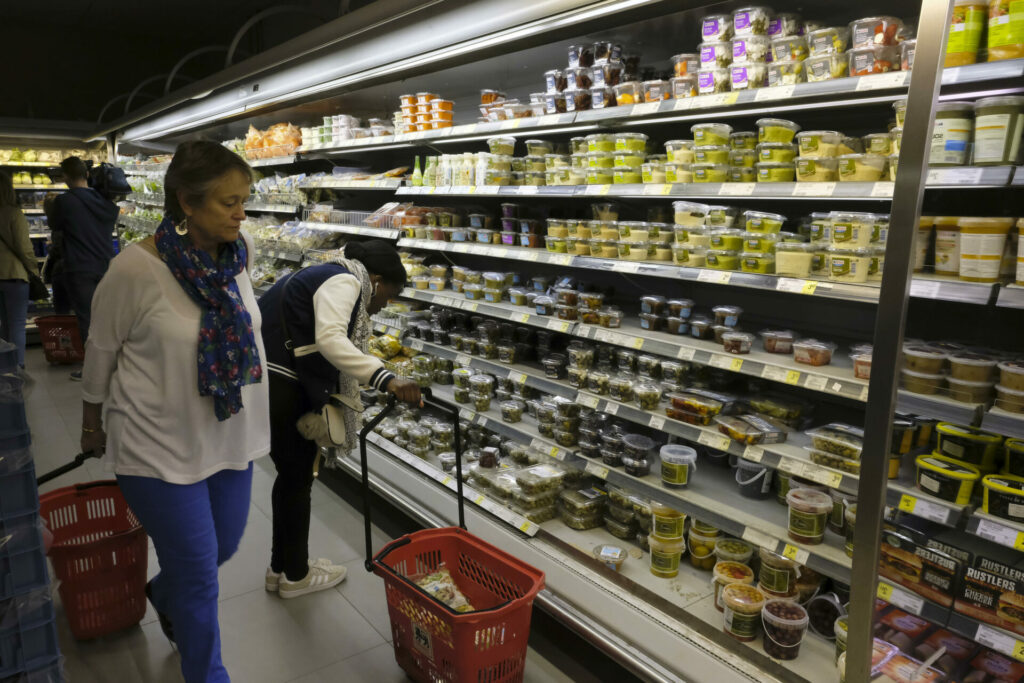Belgium's soaring annual inflation rate rose to 12,27% this October – the highest rate since June 1975 – with many economists predicting that inflation will not decrease until the start of next year.
"Last March, when I mentioned the figure of 12%, everyone treated me like a pessimist," economist Bruno Colmant told L'Echo. "Now we are here."
Colmant added: "We should finish this year at [around] 12% inflation. Next year, inflation will probably be around 6% or 7%, which gives 20% inflation over two years."
Peter Vanden Houte, Chief Economist at ING bank, corroborated Colmant's analysis: we will have to wait until January or February next year before we begin to see "a slow decline" in inflation, he said.
Stagflation looms
Colmant also explained that such high inflation, coupled with Belgium's stagnant rate of economic growth, entails that the country is now facing a "perfect scenario of stagflation."
Recent data indicates that the Belgian economy contracted 0.1% this quarter compared to the previous one, with many analyses predicting that the economy will contract by a similarly small margin in the last quarter of this year — a contraction which would, technically, push Belgium into a recession.
According to Statbel, Belgium's statistics office, increases in energy and food prices were the forces most responsible for the high rate of inflation, with each contributing 5.95 and 2.37 percentage points respectively to the total inflation rate.
The decline in industrial production, in turn, was the most significant cause of the overall decline in economic growth: production fell 0.7% this quarter compared to the previous one, with many companies slowing or even stopping production altogether owing to a lack of profitability, which in turn was predominantly a consequence of high energy prices.

